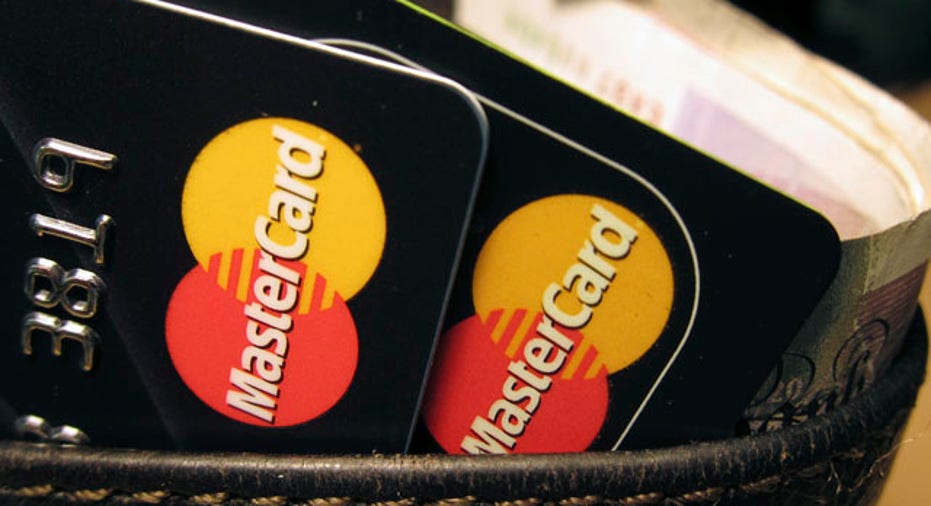Tips for Detecting Card Theft

Dear Opening Credits,
I have a question regarding credit card security. Isn't using a card online incredibly unsafe? And if I misplace or lose my credit card, can anyone use it right away?
- Hamze
Dear Hamze,
It is true that if a crook gets hold of your credit card -- either the actual piece of plastic or the various digits that identify it as real -- he can usually buy what he wants with it, up to the available credit limit.
Not surprisingly, the easiest way for someone to tap into your credit line is via online and over-the-phone transactions. A thief doesn't need the card itself but what's on it: the account numbers, the expiration date on the front and security code. Rather than the merchandise they buy showing up on your doorstep, they also change the delivery address to their own or to a post office box.
It's a little more difficult for someone to purchase things with your card at a physical store. If the cashier does the right thing and compares the buyer's identification against the name on the card, the thief will experience a problem -- and may have to make a mad dash out of the building, hopefully with a security guard hot on their tail. Nonetheless, professionals can get around this fairly easily by creating a duplicate card imprinted with the correct numbers and dates, but with their own name. Then, with the fresh but fake card, they're free to walk into any store and shop away until either you or the bank gets wise and shuts the account down.
It is a terrible feeling to know that your card has been compromised and, yes, it can wreak some havoc. Once you report the account as stolen, you may not have access to the account until the matter is sorted out, though that usually takes just a day or so. It won't be long before you get a new card with different numbers in the mail. and you can use it as normal. As long as the fraudulent charges are caught quickly, you won't have to pay for them either. According to the Fair Credit Billing Act, cardholders are not held responsible for fraudulent purchases over $50, but banks typically absolve you of even that nominal sum. Your account statement will be wiped of the charges and after the issue is resolved, the activity will not affect your credit report and scores.
So who is covering the cost of all the items, services, gift cards and cash advances that these crooks charge up? Not you, and all too rarely the thief. Most of the time it's the credit card issuers, the card networks (such as Visa and MasterCard) and merchants that bear the brunt of the financial damage.
Still, it is always best to secure your credit cards. Here are some guidelines to follow:
- Only carry the cards you need on a daily basis. Tuck any others away in a safe place at home.
- Never permit anyone besides you to have access to your cards, your card accounts and passwords.
- Check your account balance and activity online. Once a week is wise, but there's no harm in reviewing it daily.
- Alert the credit card companies immediately if you see transactions at stores where you didn't do business.
- When shopping online, use secure sites (those with "https://" in the URL) that have an excellent reputation for security. Sites that offer especially cheap merchandise can be sham operations designed to steal your account data after you enter it.
- If you get a call saying your card was compromised, do not give away any personal details (such as your card number or birthday or Social Security number) or call the phone number they provide. Thieves have been known to steal account information this way. Instead, locate the phone number on your card or the issuer's website and call them to find out the real story.
The frustrating part of all this is that people who are intent on committing these types of crimes can do so with relative ease. It's up to all of us to make it as hard for these crooks as possible.
See related: 4 keys to credit, debit card zero-liability policies



















